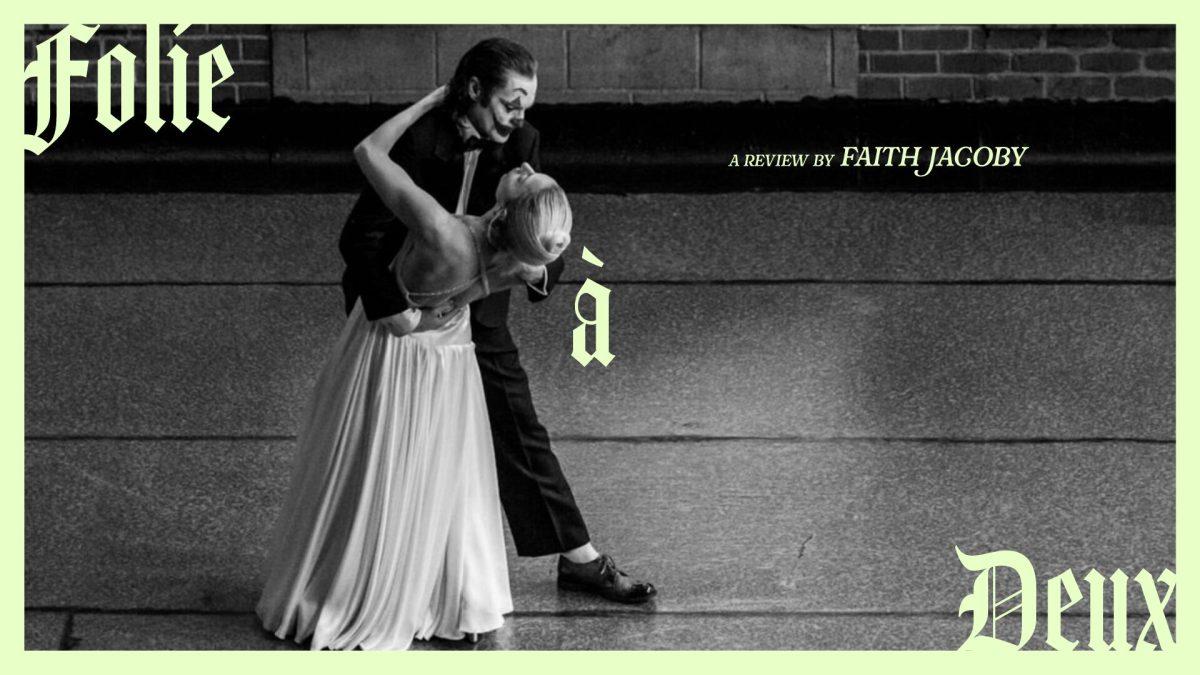
Todd Phillips’ attempt at a sequel for his 2019 film “Joker” was a joke in itself.
After waiting roughly five years since seeing “Joker” in theaters, the highly anticipated sequel, “Joker: Folie á Deux” was released across the nation on Oct. 4, 2024.
I, like many other fans, had high expectations for the sequel. I was thrilled to see one of my favorite sinister and real, raw characters on the screen again, and I was drawn to the gloomy, retro hues of the film’s color palette and the contrast it brought from a lot of DC Comics’ more recent films released in the 2010s, like “Justice League” and “Suicide Squad.” To me, those films were too bright and shallow, only offering Halloween costume inspiration rather than exploring the real characters. As a lifelong fan of DC, I knew these characters deserved more depth and darkness than cheesy one-liners and weird CGI because that’s what these characters are: deep and dark.
The first film enchanted me because of how realistic it was. It showed a truly unfiltered version of what Joker as a character would be like before he transformed into the archnemesis of Batman: a man with severe mental issues and a dark past.
“Joker” created a backstory for the infamous villain that, to me, made logical sense. I was intrigued to see what else Todd Phillips, the director of both Joker films, could bring to the story, but like many others, I was highly disappointed.
As news leaked and trailers trickled out over the past year and a half, I became increasingly concerned about how this film would play out — especially as a sequel to a movie that seemed to me to be just fine on its own. Right away, the casting of Lady Gaga as Harley Quinn threw me off — it seemed random since I associate her more with her music rather than her acting. She didn’t stand out to me as someone who could portray the steadfast, faithful lover of the Joker.
Since Gaga was cast as a main character alongside the film’s namesake, one can assume this is why the musical path was taken. I was skeptical about this choice when the news hit, and I wasn’t wrong to cast my doubts. The vision was executed terribly; the musical scenes were awkward and seemed ridiculously out of place for a film like this that explores serious and twisted themes revolving around mental health and crime.
As the movie unfolded, I quickly realized why there were only six other people in the otherwise empty movie theater. The film seemed like a jumble of scenes sewn together with no real story or point, especially towards the end when all the build-up came to a sudden, blunt halt. I felt as if the film made no clear points by the end of the two hours; I left disappointed and disoriented.
With a blurred plotline and seemingly never-ending, awkward musical numbers, the movie left me saddened and frustrated. Perhaps my hopes were too high going in, but all in all, “Joker: Folie á Deux” felt more like a rough draft than a final product.
Edited by Ava McCluer | [email protected]
Copyedited by Caroline Sweet and Hannah Taylor | [email protected]
Edited by Emily Skidmore | [email protected]